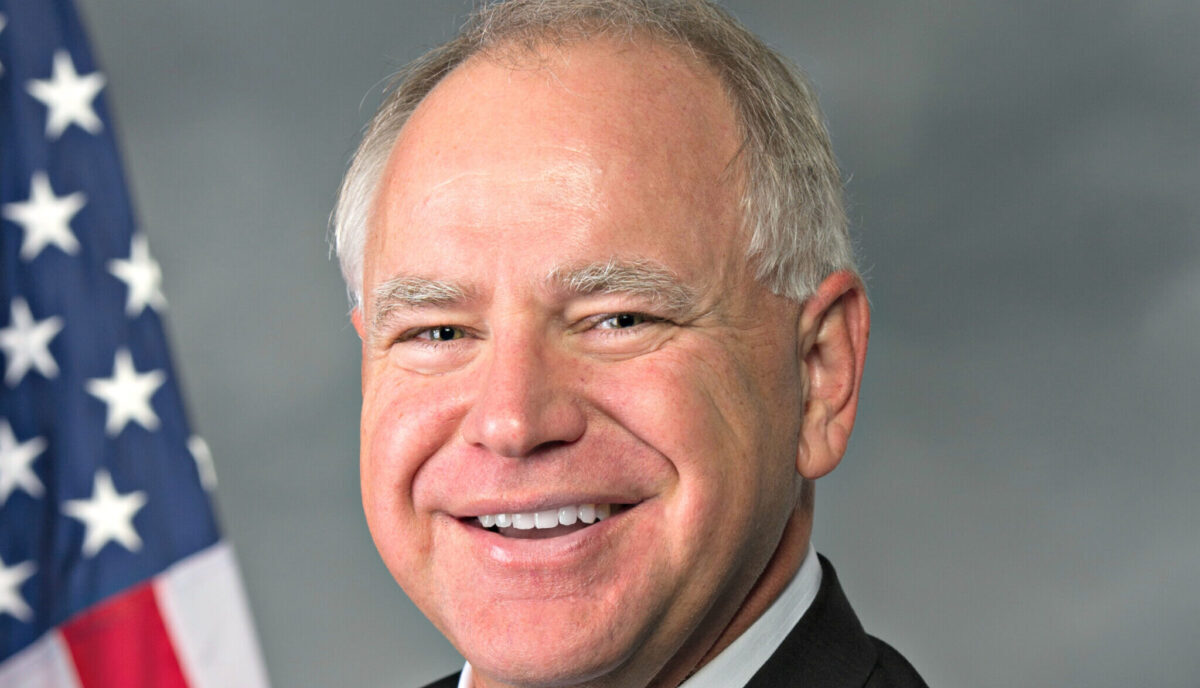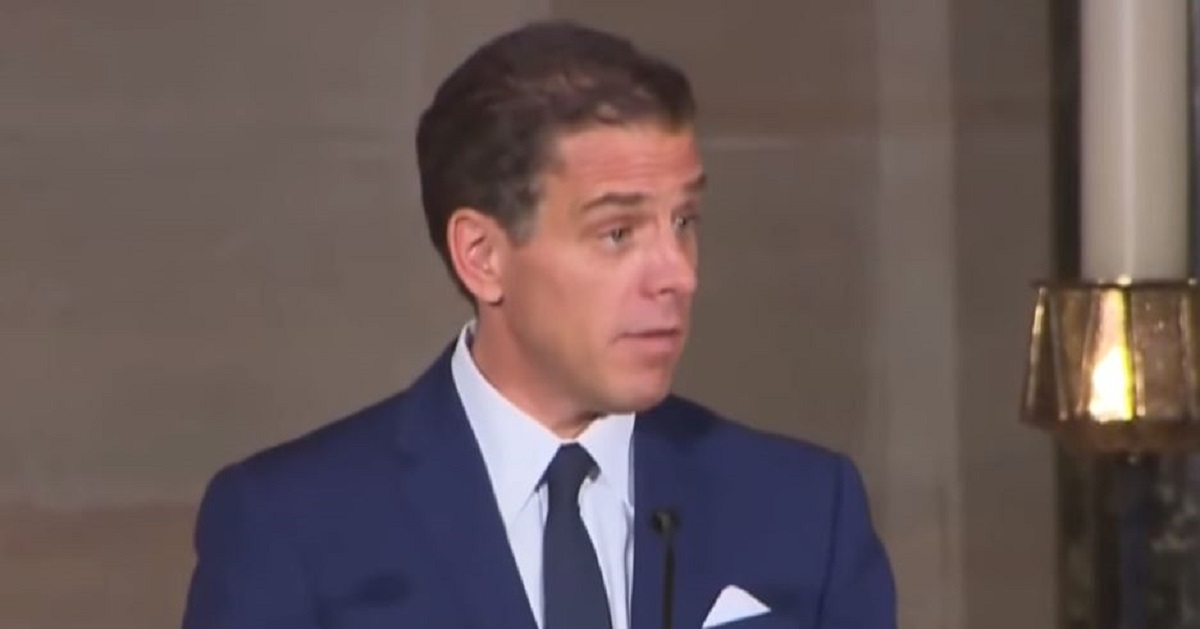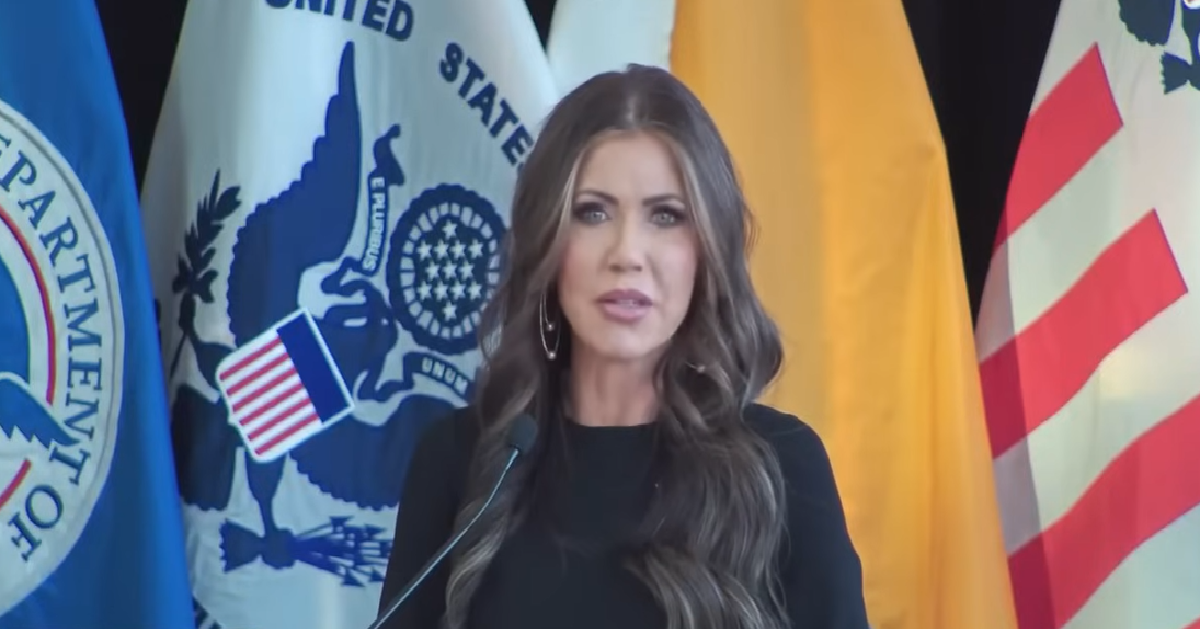Judge denies Sean 'Diddy' Combs' third request for release from jail pending trial
Hip-hop mogul Sean "P.Diddy" Combs has been in a federal jail in New York City since he was first arrested and indicted in September on federal racketeering and sex trafficking conspiracy charges.
Combs will remain in jail for the foreseeable future after a federal judge denied his third request to be granted bail and release pending trial, CNN reported.
Wednesday's decision followed a hearing on Friday in which the judge considered but ultimately rejected multiple options put forward by Combs' attorneys for how their client could be kept restricted outside of jail and instead sided with federal prosecutors who argued that the defendant posed a flight risk and threat to the community.
The "safety of the community" and Combs' "propensity for violence" a top concern
In a five-page order on Wednesday, Judge Arun Subramanian wrote, "The Court finds that the government has shown by clear and convincing evidence that no condition or combination of conditions will reasonably assure the safety of the community."
According to USA Today, the judge made particular note of the nature of the charges against Combs and the prosecution's presentation of "compelling evidence of Combs’s propensity for violence" as a substantial part of his reasoning.
He was also dismissive of the assertion from the defense team that the inmate needed to be released so that he could effectively prepare for a trial in May along with dozens of civil lawsuits filed against him, and said, "Combs has not carried his burden of demonstrating that release from detention is necessary for trial-preparation purposes."
Judge says "No" to offered plans for home confinement
CNN reported that Combs' attorneys put forward multiple plans for how their client could be kept secure and subject to the court's restrictions in a private residence, including through the use of private security guards and constant monitoring of his phone calls and visits, along with a $50 million bond.
The plans featured the use of either Combs' main residence in Miami, Florida, or a rented apartment in New York City, and would also include limitations on his internet and phone access, pre-approval of visitors, testing for "prohibited" substances, and the surrender of his and his family's passports, per USA Today.
Judge Subramanian, however, wrote, "The Court doubts the sufficiency of any conditions that place trust in Combs and individuals in his employ -- like a private security detail -- to follow those conditions."
Combs has been breaking the court's and jail's rules
Another reason the judge rejected Combs' bail request was that prosecutors presented evidence that the defendant had repeatedly violated the court's orders and the jail's rules to make unauthorized contact with individuals outside the jail, some of whom allegedly carried out instructions from Combs to interfere with and obstruct the investigation or intimidate witnesses or taint the jury pool.
Per USA Today, that included Combs using various communications apps and phone accounts that belonged to other inmates to contact his family, friends, and associates, and in which unmonitored messages may have been sent or received.
"The Court makes no determination that the content of Combs’s communications through these channels was improper," Judge Subramanian wrote. "However, his willingness to skirt (Bureau of Prisons) rules in a way that would make it more difficult for his communications to be monitored is strong evidence that the Court cannot be 'reasonably assure[d]' as to the sufficiency of any conditions of release."
That was especially the case, the judge added, "given that they occurred when Combs was seeking bail, and when he knew the government’s concerns about witness tampering and obstruction were front and center."
In the end, the judge reached the same conclusion that two other judges had already rendered -- that there were no apparent conditions that could be set to reasonably assure that Combs wouldn't violate at least some of the restrictions imposed on him by the court if he were to be released from custody.




